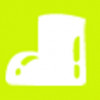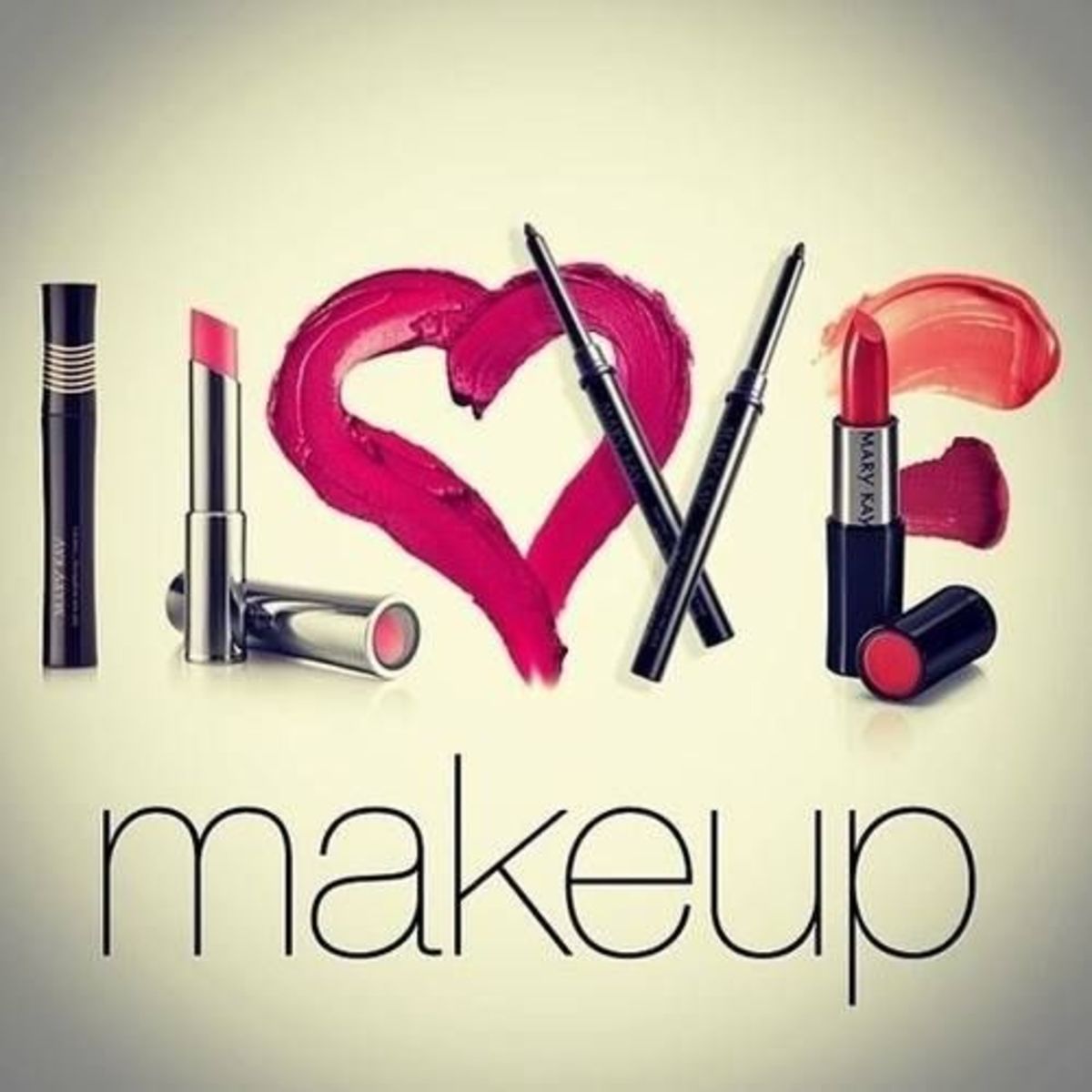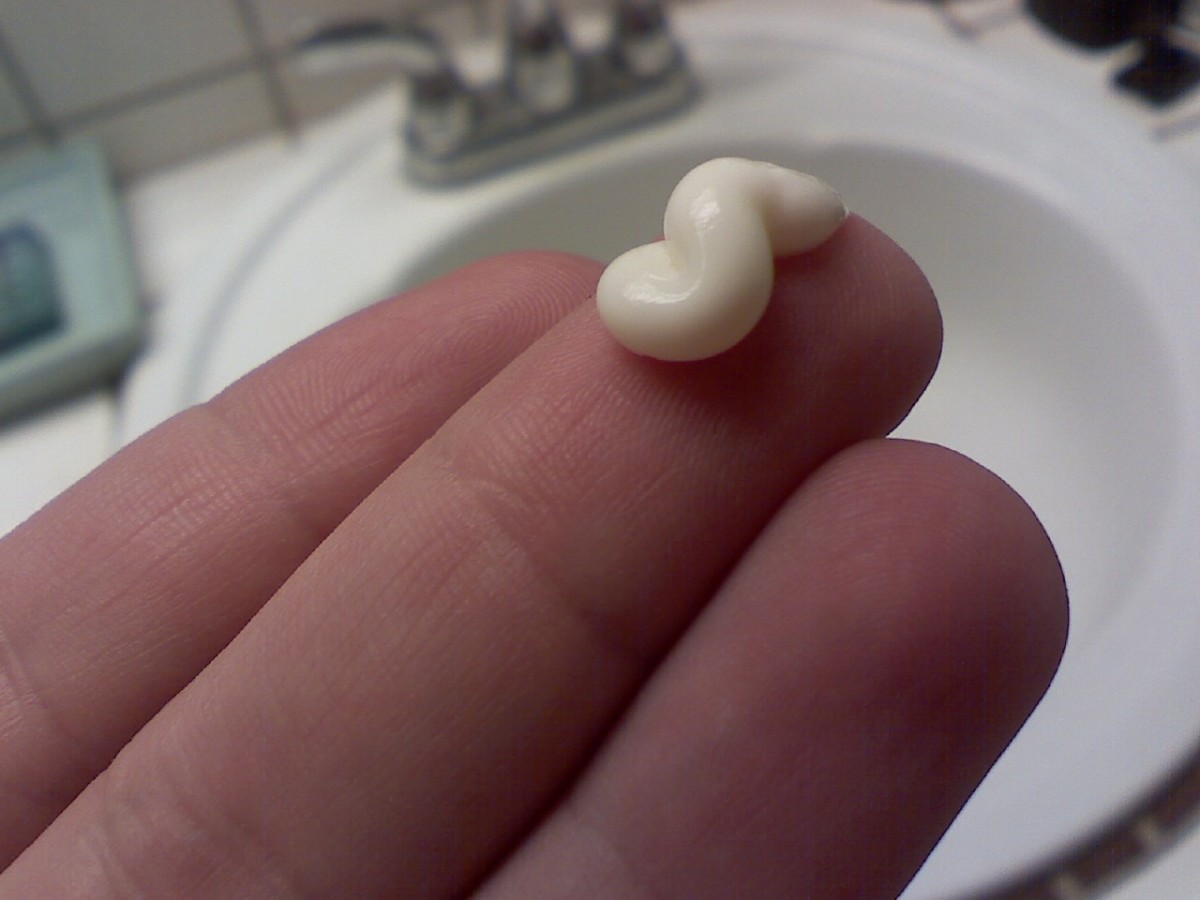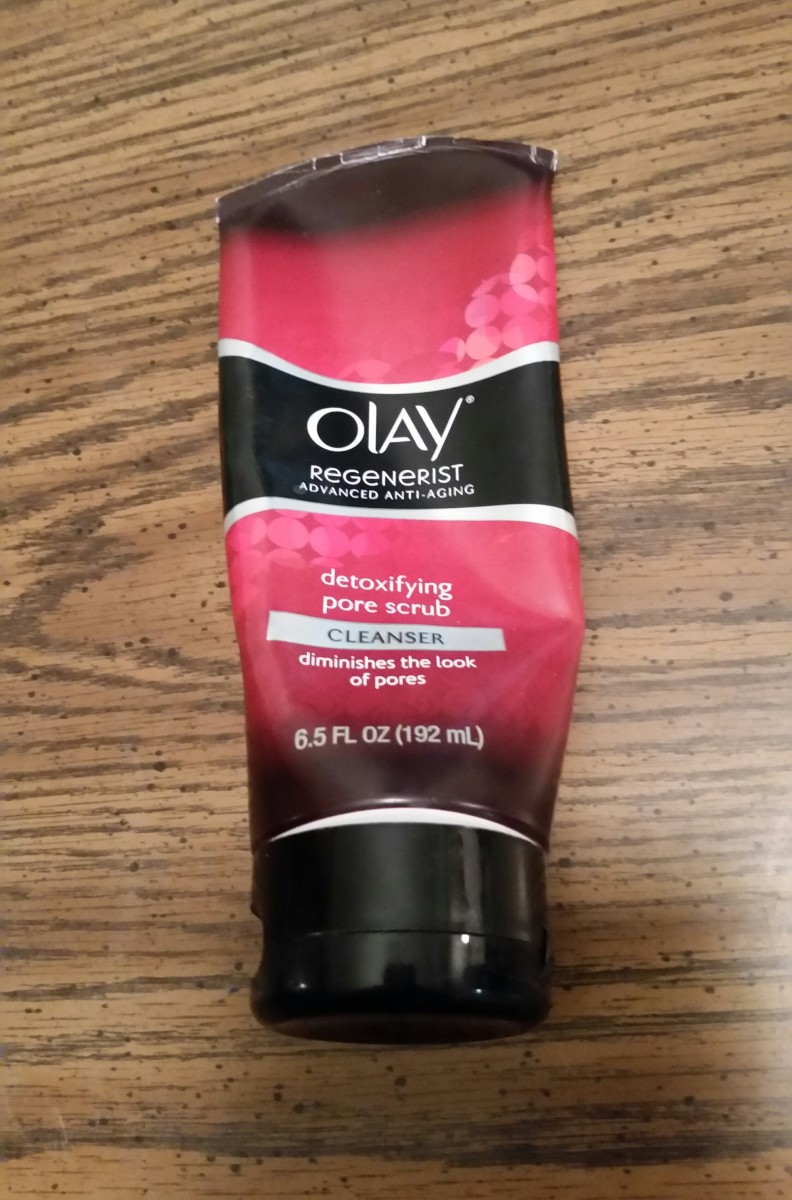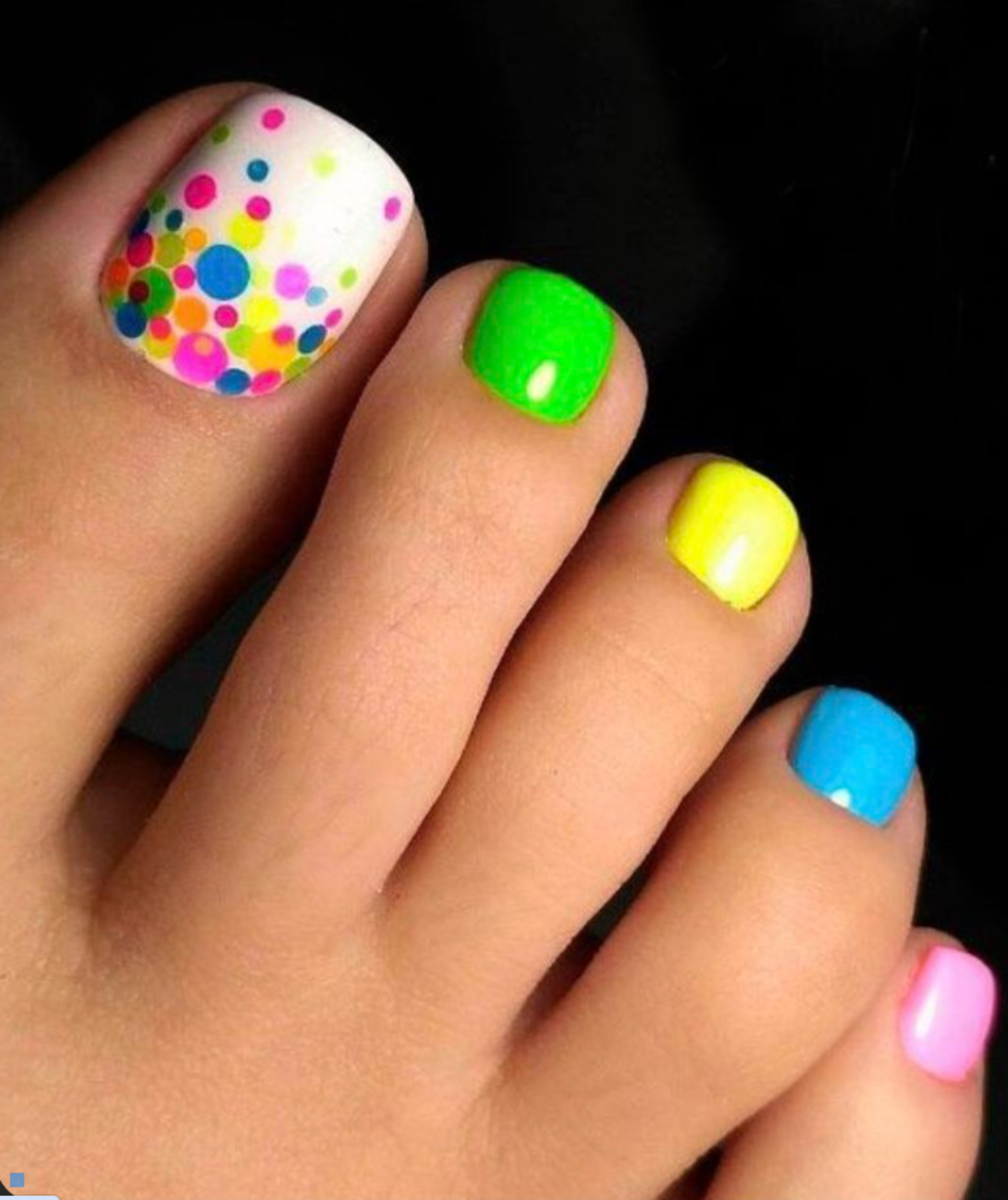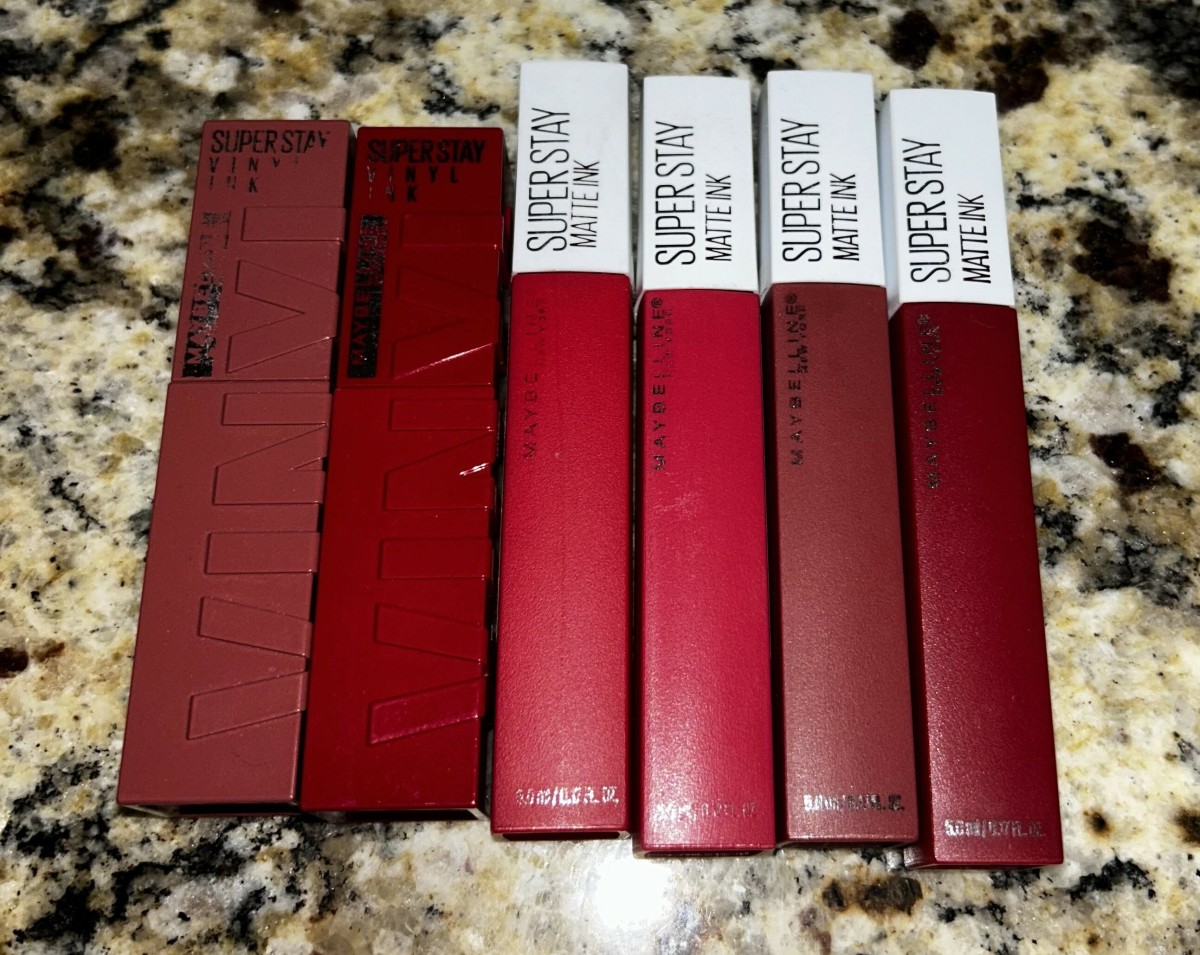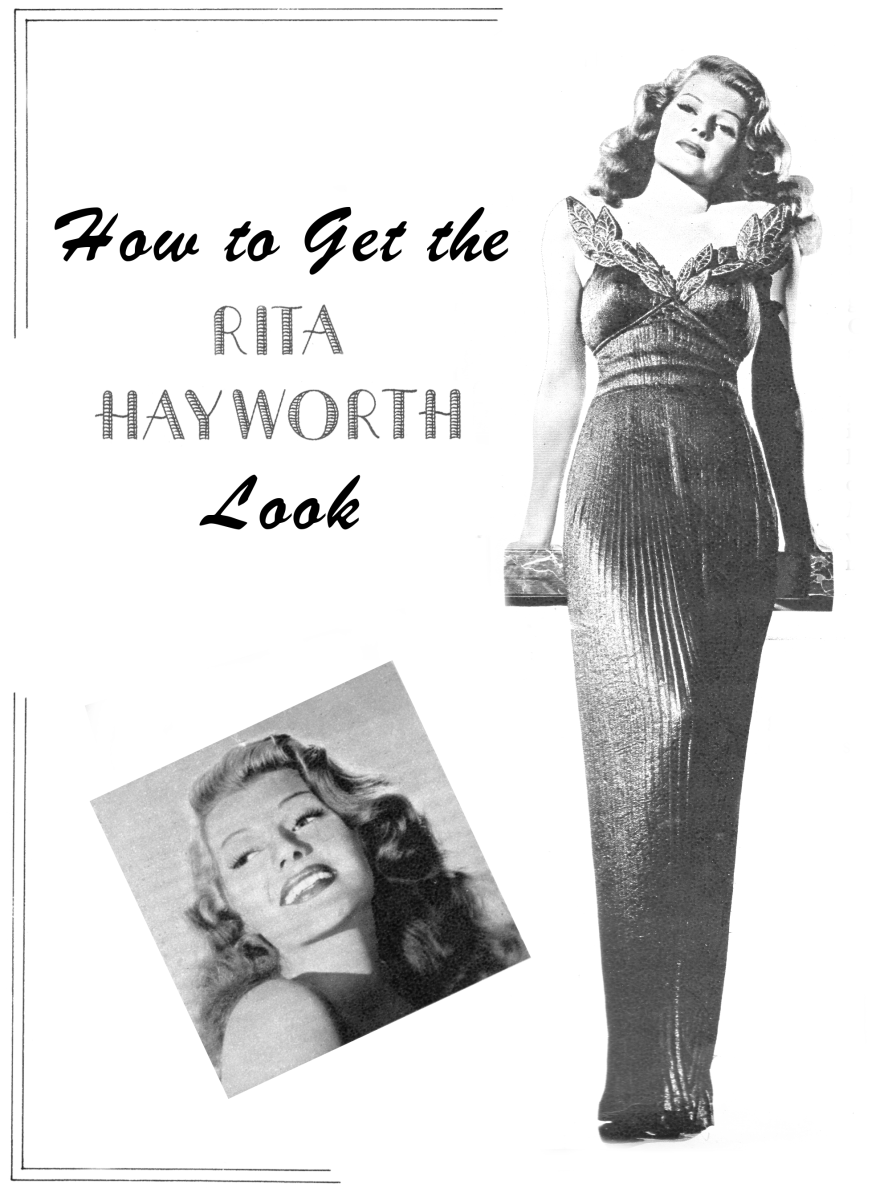Skin Care Routine for Beginners | Learn the Basics of How To Cleanse, Tone & Moisturize Your Face
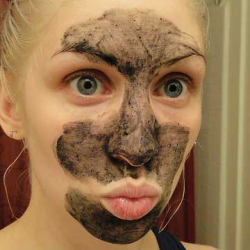
Lessons and Tips to Help you Care for your Skin Type
Cleanse, tone and moisturize; these are the foundations of a good skincare regime, and on this page I will be explaining what each one is, how you apply it, and then looking at the best products available at the moment. First, the very important thing you need to establish is what your skin type is, as this will enable you to buy products specifically suited to your skin.
Now, I've always had acne and lots of open pores and blackheads and it has been the bane of my life. When I got into my twenties I assumed the spots would go and my skin would get better but, alas, I'm 25 now and it's still the same as always. I have never had clear skin and I have constantly had spots since I was about 13, so I'm now on a mission to learn about skin care and see if there is a way to get the skin I've always wanted. I've never in my life had any guidance on the subject of skincare, which surely hasn't helped my plight, so I'm starting out as a beginner and hope that other people benefit from the guide below.
If I find anything which specifically helps me, I will remember to share any tips below too. I hope you find this useful!
Sun Protection

If sunbathing or out in the sun for relatively long periods, most people apply sunblock, however just walking around in the sun whilst shopping or being outside for short periods of time in the everyday routine, many people do not wear any sun protection.
Including sun protection in your skin care routine is good practice and helps slow down or prevent the appearance of ageing signs such as brown spots, broken capillaries, wrinkles, and thinning of the skin. Moisturizers with SPF are a great way of including sun protection in your daily routine.
Remember that the fairer or more sensitive your skin, the higher the SPF you will require.
Remember To Remove Your Make-up At Night!
For women who wear make up during the day, cleaning your face before you go to bed is very important for your skin. This is because make up clogs pores and cause waxy sebum to build up on your skin, which can cause spots and acne.
Here is a selection of products you can use to do the job quickly every night:
What Skin Type Are You?
If you don't already know your skin type, this is the most important thing to work out before you can assess the best skin care routine for you. Using products designed for oily skin when you have dry skin is a sure way to make your skin worse, so it is vital to buy products best suited to you.
There are five possible skin types, and the characteristics of each of them are as follows:
Oily: If your skin becomes shiny during the day and your pores are enlarged, you probably have oily skin. You will also be prone to getting spots/acne and blackheads and will most likely be aware of your face being a bit greasy only a few hours after washing. This is the skin type I have so I know it's an annoying one to have, but look on the bright side - oily skin is usually thicker and firmer, the oil slows down ageing and the creation of wrinkles, and you're also likely to be less sensitive to various skin/beauty products.
Oily skin is caused by too much of the oily substance 'sebum' being created by your sebaceous glands, and a result of this is that the enlarged pores are more easily clogged - which causes blackheads and spots. Sebum is a skin lubricant but over-production causes problems including shininess and a build-up of dead skin cells. Oily skin is usually not smooth.
Dry: If your skin feels a bit tight, especially shortly after washing and in cold weather, you probably have dry skin. This type of skin is usually thin, has very small or invisible pores, and is prone to fine wrinkles. Dead skin may build up and flake away, and this gives a rough and dull look to skin. Dry skin is pretty much the opposite of oily skin, and the dryness means that the skin has a lack of elasticity, which is what leads to the tight feeling. On the plus side, you probably don't have to deal with blackheads or spots.
Winter aggravates this skin type because in this season there is less moisture in the air, but any dry weather makes your skin drier, not just cold. Being in the sun also dries out the skin, although the main in-built cause is usually that not enough sebum (oil) is produced by the sebaceous glands.
Combination: If your face is oily in some places and dry in others (for instance you have an oily T-zone area but dry or normal cheeks) then you have combination skin. This is the most common type of skin - about 70% of women have it! - and different areas of the face require different care. See the rest of this page for info.
Normal: Ah, the skin type we all would like! If you have normal skin, it means your face is neither oily nor dry, has barely visible pores and spots are very occasional. The skin is smooth and you have a healthy complexion, and the skincare regime required is a lot simpler for you. I'm not bitter.
Sensitive: Sensitive skin is delicate and often has redness or itching, and is easily aggravated by outside elements such as weather conditions (especially the wind and sun). This skin type is usually dry and quite thin.
The products you can use on your face are restricted to those specifically aimed at sensitive skin due to the adverse reactions caused by many skin/beauty products.
Some of these descriptions do sound a bit grim I know, but don't worry: with the right products, all of the types of skin can be helped!
If you would like to take an online skin-type test, click HERE, HERE or HERE.
How To Determine Your Skin Type
1) Cleansers & How To Use Them
You should cleanse your face once a day, preferably at the end of the day, as a minimum. You can also cleanse in the morning, although if you have dry skin it is recommended that you cleanse only once daily.
First thing to do is to to remove your makeup, especially if you are wearing eye makeup or stubborn makeup (waterproof or long-lasting products). You can use any eye makeup removal products for this. If you only have a small amount of easy-to-remove makeup on, it is not essential to remove this before cleansing.
Wet your face with lukewarm water and then apply the cleanser onto your face and neck using your fingers, rubbing it into your skin in an upward, circular motion. Do this for approximately 30 seconds before rinsing the product off with lukewarm water. Splash cool water on your face to help close up your pores and then pat your face dry with a clean washcloth.
A cleanser is used to removed grease and dirt buildup from your face, and the best cleansers are gentle not harsh and don't strip all of the oils from the skin. Look for a facial cleanser which suits your skin type, most importantly. Gel cleansers may be better for oily skin, whilst a foaming cleanser might suit normal skin better, and a creamy cleanser would be better for dry skin. Always have a look at products in shops and online for research purposes before you buy.
Top Facial Cleansers
This selection of cleansers have all received at least 4 star reviews on average, so you know you're getting a quality product:
Different Cleansers For Different Skin Types
2) Toners & How To Use Them
Carrying on from step 1, some cleansers also include a toner - so that could be an option to save time.
Toning is often the step that people miss out of their skincare regime, and I would also say that toning is not as vital as the other two steps... However, toning is recommended in order to a) bring your skin back to it's natural PH after cleansing, b) remove any cleanser left on the face or in the pores, as well as any remaining impurities, and c) help moisturizer to be absorbed more effectively. Toner should only be applied once a day though (in the morning preferably), even if you cleanse twice daily.
Some people find toner irritates their skin, and if you have dry or sensitive skin, toner may not be a suitable option as it can be quite drying. The best option for dry skin is to find an alcohol-free toner, as alcohol dries out the skin. Toner is most advantageous for those with oily or combination skin.
Toner is a usually supplied as a liquid, and to apply it you simply add some to cotton wool and wipe it onto your face, avoiding the eye area.
Recommended Toners From Amazon
How To Cleanse & Tone
Drink Enough Water
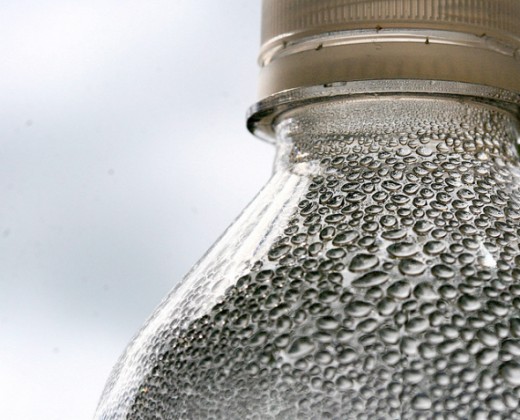
3) Moisturizers & How To Use Them
The last step is applying moisturizer in order to hydrate the skin and prevent it from being dry, and this in turn makes the skin look and feel better, and also helps with delaying the appearance of wrinkles. Moisturizer is very important for all skin types.
Be sure to use a moisturizer designed to be used on the face, and if you can get one that includes suncreen (SPF) then that is recommended for general day use. Obviously if you are planning on being in the sun for a while then you would want to apply a stronger suncreen most likely as moisturizers usually include a low SPF.
To apply the moisturizer, you just need a few small dabs, not too much, and massage it in all over your face using small circular movements until it's absorbed. Don't wash off. A lot of people forget their neck so remember to apply moisturizer here too - but in an upward motion.
Best Moisturizers With SPF
Moisturizers are vital in the skin care routine, and including sun protection is the best option to ward off the signs of aging.
Applying Facial Moisturizer
Other Treatments & Steps You Can Add To Your Routine
The 3 steps detailed above are the basis of a good skincare routine, and are great on their own. However if you have any problem areas or issues you specifically want to target (for instance, blackheads or bags under the eyes), there is no doubt a product on the market that you can add into your routine to help you.
In fact one of the problems is that there are so many products around including night creams, serums, anti-aging lotions, skin brightening products, skin plumping potions ...it's so confusing! That's why I would say not to add more than one or two extras to your routine otherwise you'll get overwhelmed. Just focus on the main thing you want to deal with - e.g. acne or wrinkles - and stick to that.
Out of these other products available on the market, exfoliators are the most popular 'extra' and should be used once a week (at most) unless you have dry or sensitive skin, in which case you should exfoliate less often or not at all if it irritates your skin. I personally recommend following this advice as exfoliators are designed to get rid of dead skin, making your skin brighter and smoother, and it's also fun to add a bit of pampering time to your week :)
Exfoliators are usually in the form of a wash or scrub with tiny granules inside which you rub on your skin. Oily skin is the skin type that will most benefit from using an exfoliator. Make sure you always buy a facial exfoliator - don't use a body exfoliator on your face - and only use a gentle exfoliator on dry or sensitive skin.
Other products available:
- Serum: This is like a moisturizer but can be absorbed deeper into your skin and can provide greater hydration. A serum is applied before your regular moisturizer and they are useful if you have something particular you want to target. The main type of serum is for anti-aging.
- Night creams: These are simply moisturizers you wear overnight, and are often richer than day moisturizers. Mostly they are used by older people for anti-aging uses, by people with dry skin who want extra hydration or by people who want extra protection against acne breakouts. Check what each cream is designed to do before deciding if they're necessary for you.
NOTE: Whenever you are buying creams of any type, looks out for the phrase 'Non-comedogenic' as this means that the product is designed to not block your pores which is best for people prone to spots/blackheads.
More Skin Care Advice & Tips
- Skincare Dependent of Age
The most important skin properties to target in each age group. - Violet Le Beaux Beauty Reviews
Many personal reviews of various products - good for research. - SPF In Moisturizer Or In Sunscreen?
Find out if you should use moisturizer with SPF or suncreen or both.
